Arbitrate Commercial Disputes in London
Adjudicate International Commercial Disputes in Dubai
Mediate International Disputes
in
Accra
Arbitrate Commercial Disputes in Shanghai
Global Leader in Arbitration & Mediation Training
Empowering lawyers, judges and ADR practitioners in Asia, Africa and Latin America through AI-driven learning and globally recognised industry certification.
The Center for International Mediators and Arbitrators (CIMA), England & Wales, is a global leader in online ADR training and certification. With members in more than 33 countries, CIMA is dedicated to empowering lawyers, ADR practitioners, and students through internationally benchmarked training and certification, AI-driven simulations, thought-leadership events, and practical mock proceedings.
We are the 2025 Title Sponsor and Official Training Partner of the MMCS International Maritime Arbitration Competition (MIMAC 2025) in the Asia and the Official ADR Partner of the 2025 REACO Conference in Africa. If your ambition is to build a distinguished and rewarding career in international mediation and arbitration, CIMA is your ideal partner. Our Global Programs in arbitration and mediation offer a trusted pathway. Upon successful completion of Parts I, II and III, participants earn Fellowship; the FCIMArb designation—one of the most respected credentials in the ADR field.
CIMA membership connects you to a prestigious international network and opens doors to elite institutions in London, New York, Accra, Kigali, Singapore, and Dubai. Let's help you shape your future in dispute resolution. Join CIMA today.
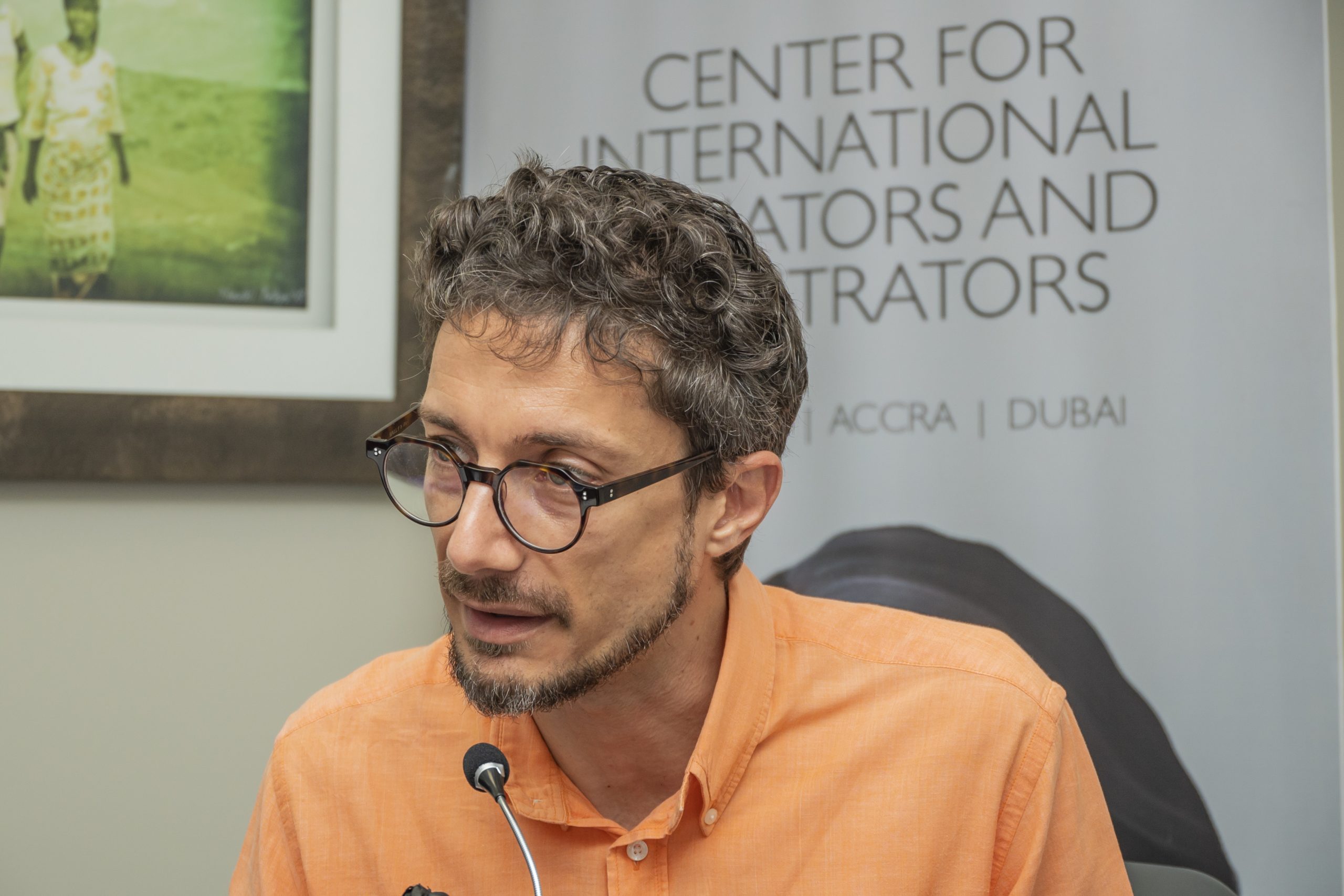


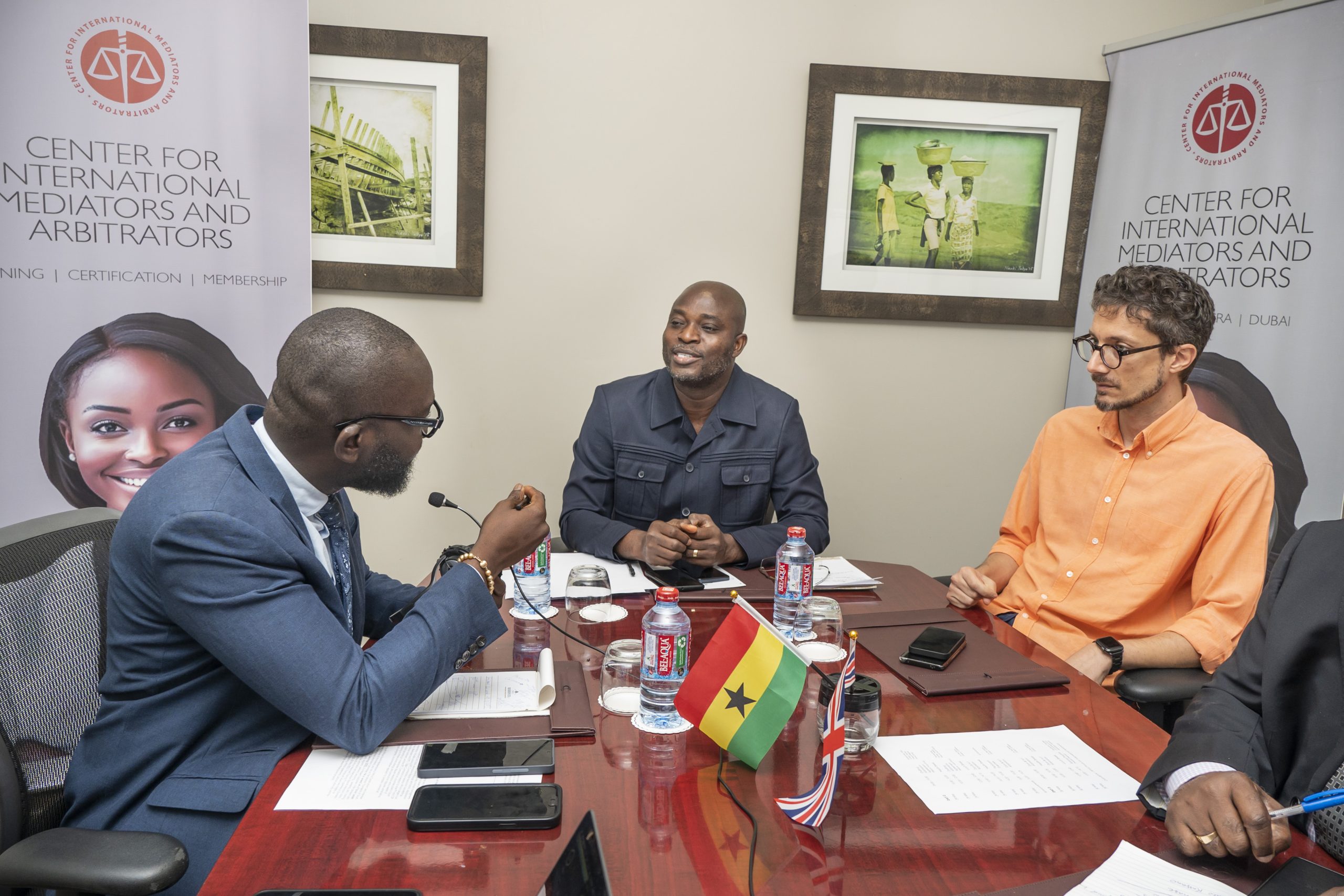
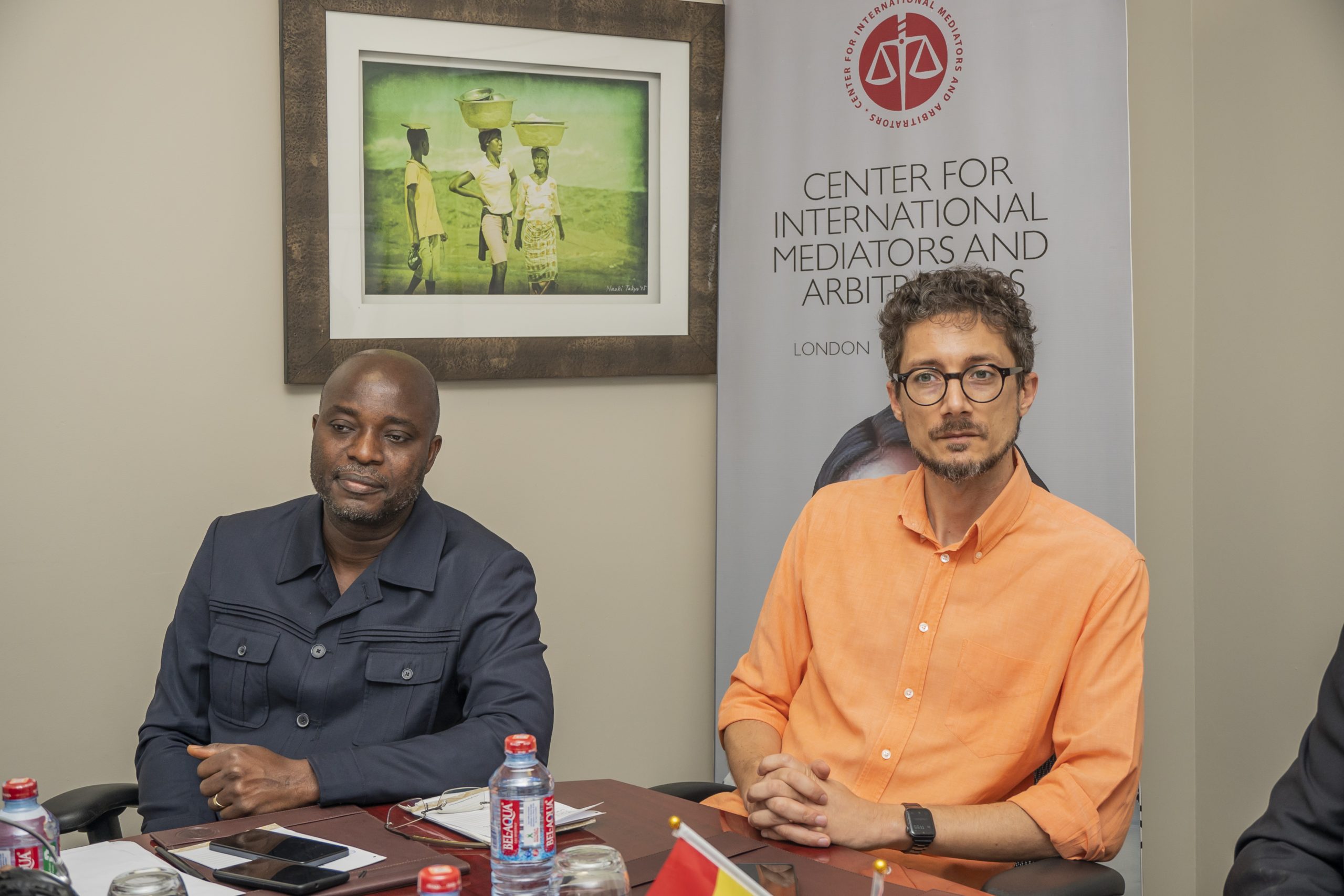
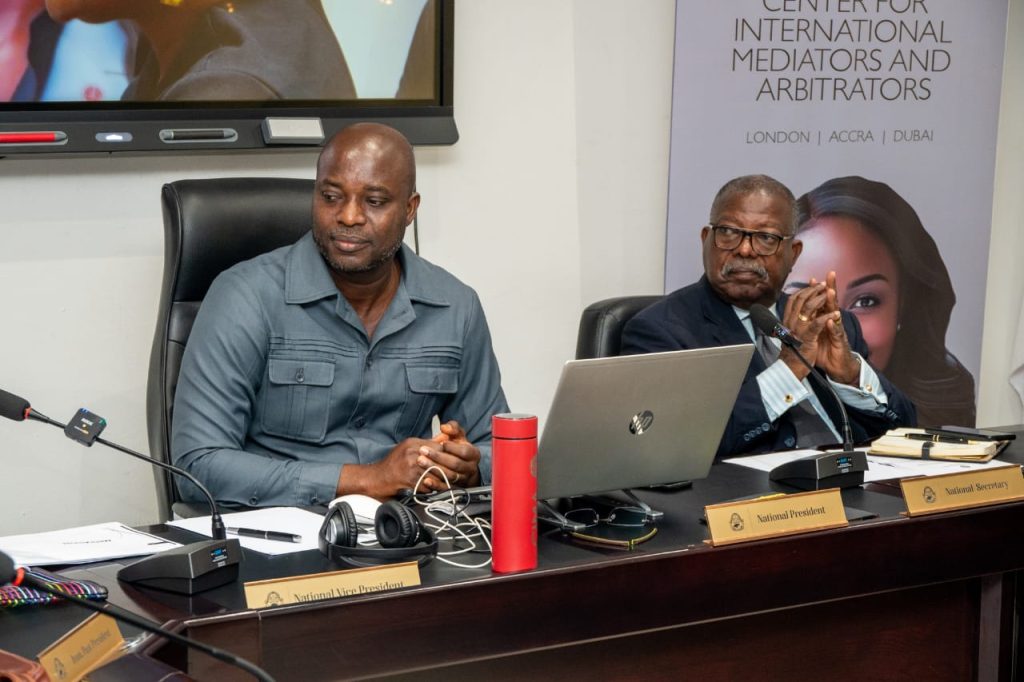
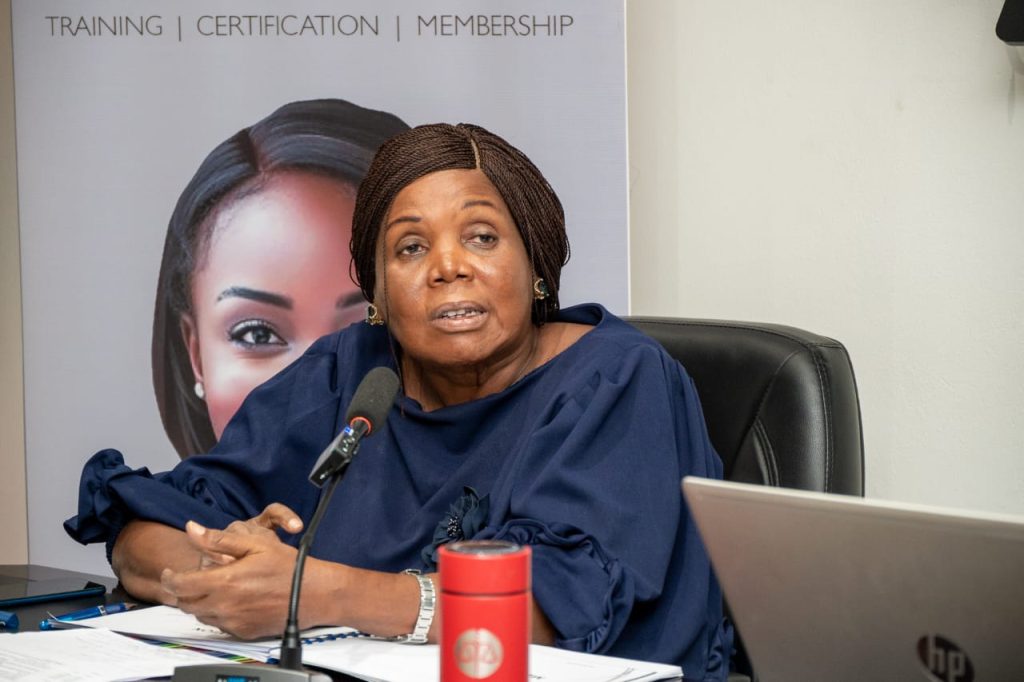
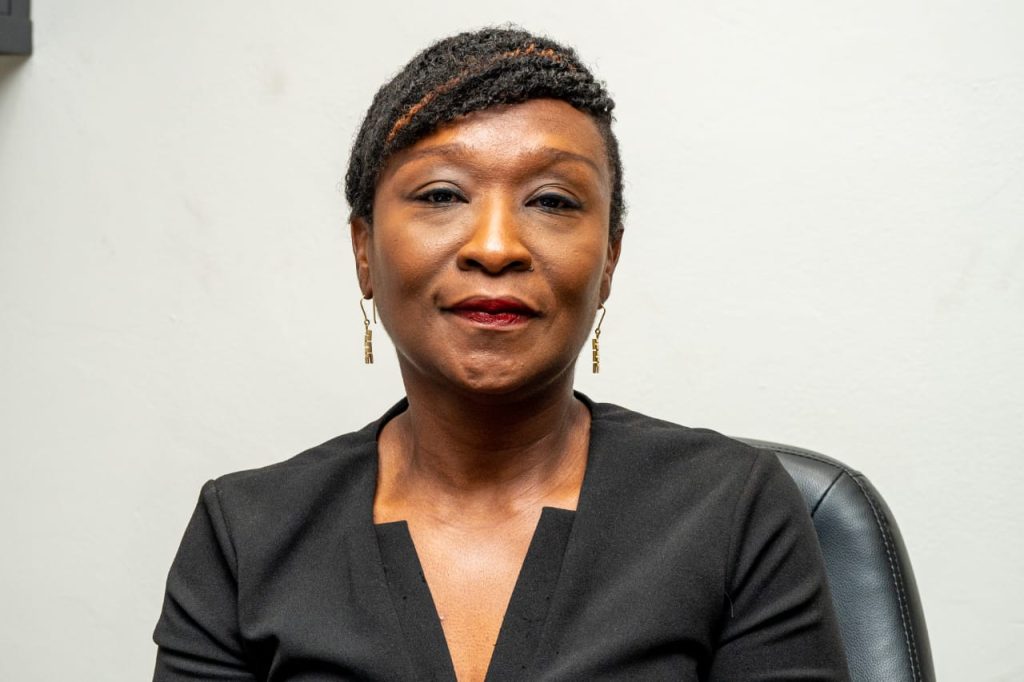
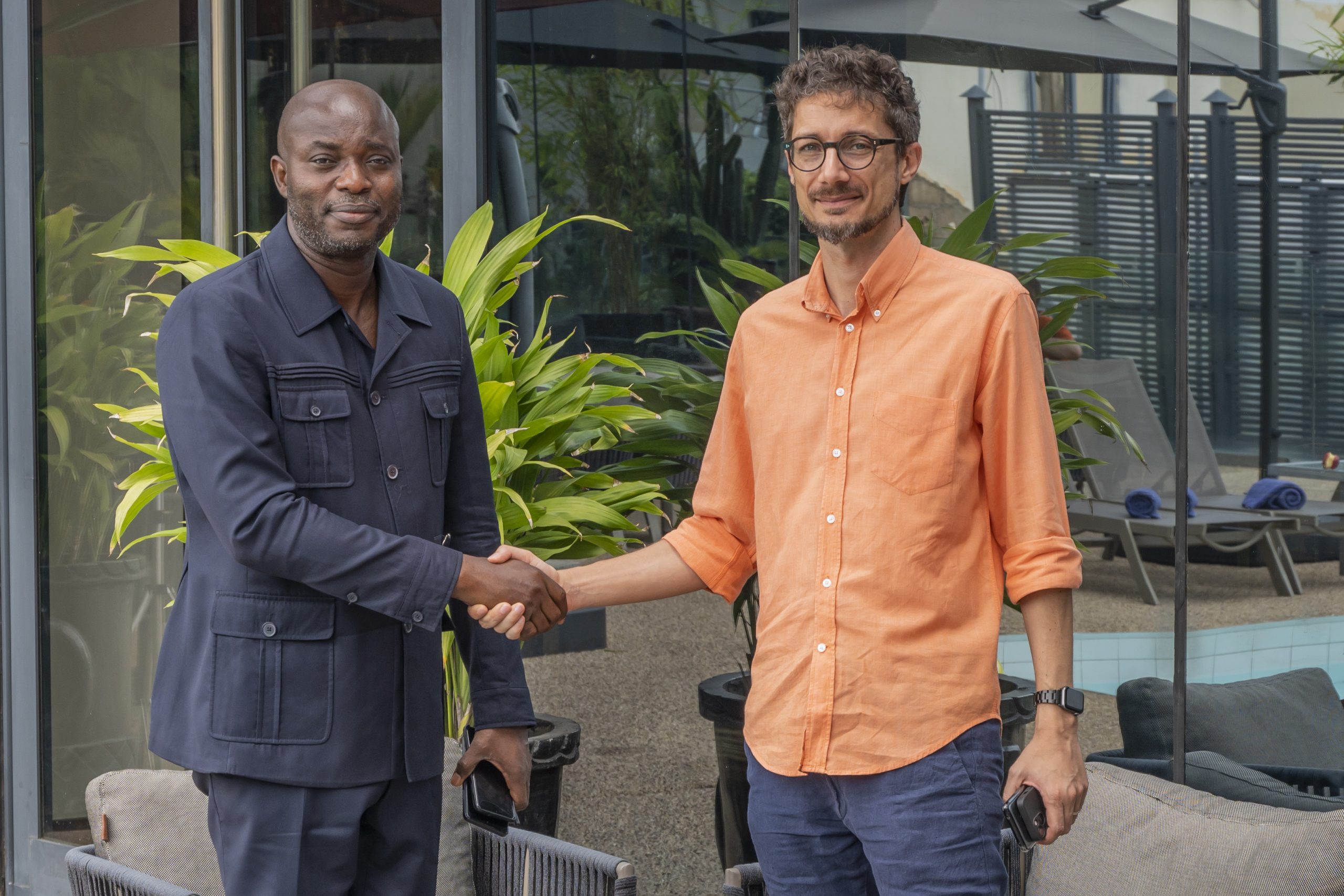
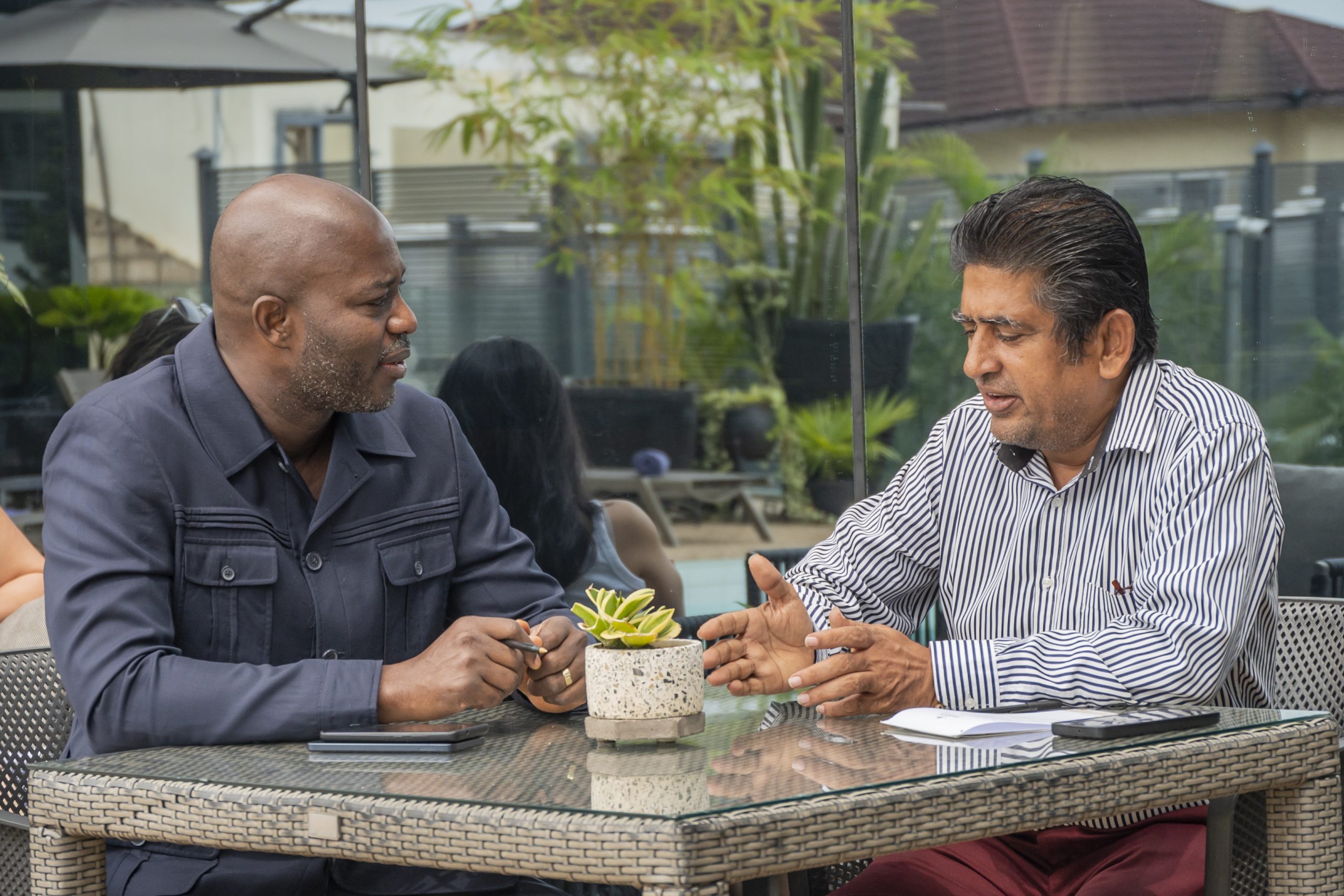
Redefining Arbitration and Mediation Training for the Digital Age

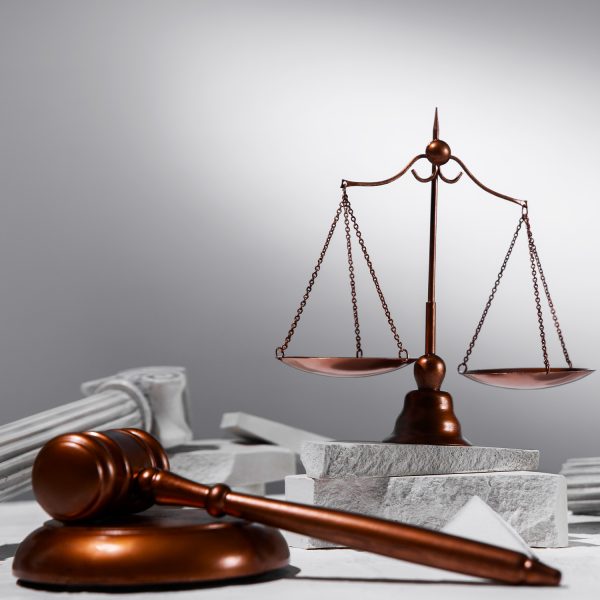

Our Services
Global Arbitration News

Bermuda to Open International Arbitration Hub
HAMILTON, Bermuda — The Bermuda International Mediation and Arbitration Centre (BIMAC) is set to open later this year, transforming long-running conversations into a concrete institutional presence. Planned as a nearly 10,000-square-foot, purpose-built facility in Bermuda’s capital, the Centre will feature technology-enabled hearing rooms and breakout spaces designed for modern dispute resolution. According to those familiar with the project, BIMAC will be supported by real-time transcription, live translation services, virtual hearing capabilities, professional case management, secure document platforms, and a concierge service aimed at international users. The Centre is expected to host both ad hoc proceedings and arbitrations administered by external institutions, while also rolling out its own arbitration and mediation rules. From the outset, BIMAC’s architects say, the goal is flexibility and efficiency—positioning Bermuda as a competitive venue in a crowded dispute-resolution market long dominated by established centres in the United States and the wider Caribbean.
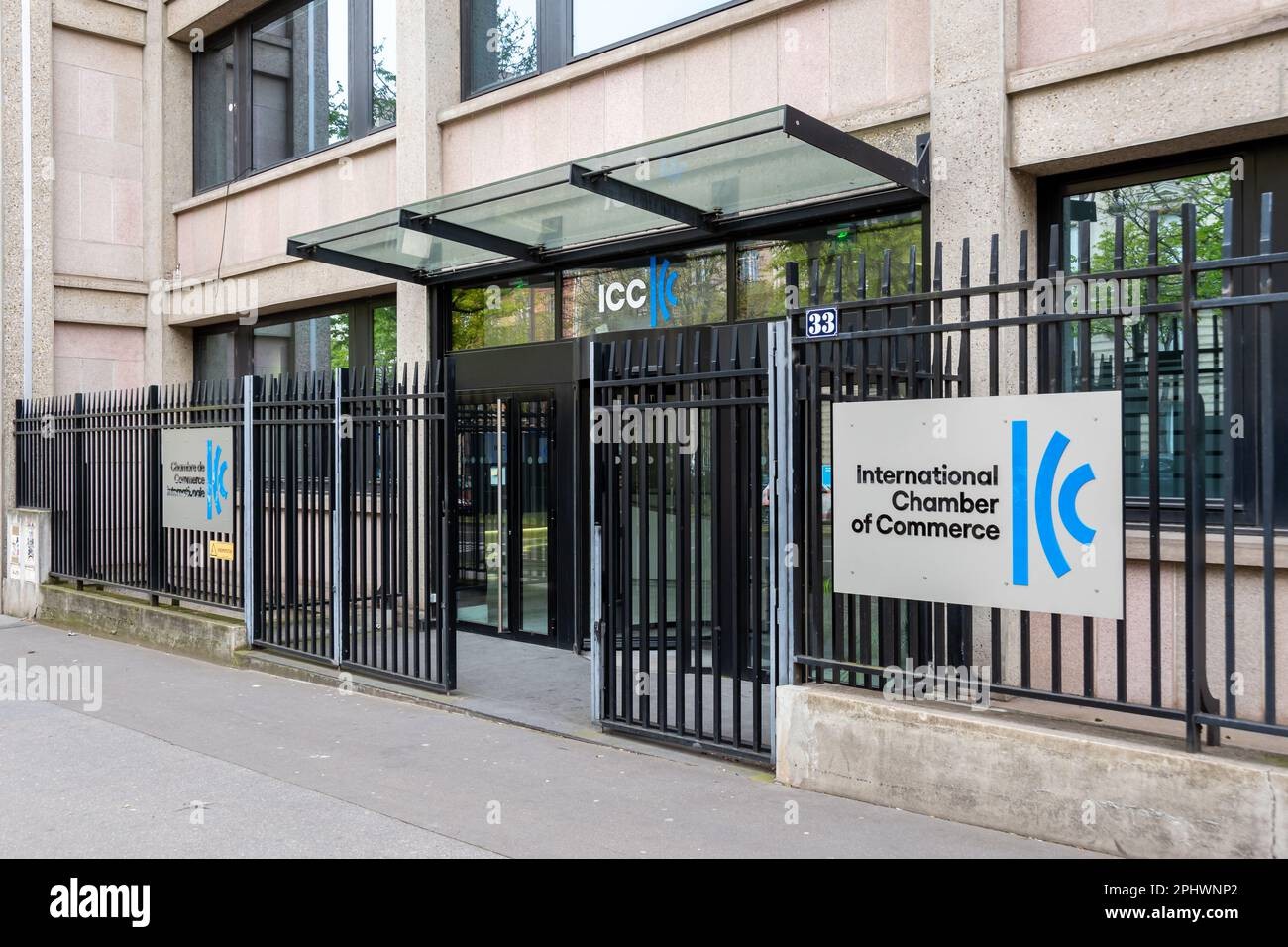
ICC Arbitration Caseload Hits a Record as Firms Turn to Private Tribunals
The International Chamber of Commerce (ICC) reported a surge in arbitration filings for 2025, with 881 new cases registered under its Arbitration Rules — placing the year among the busiest on record. The statistics reveal an increase in expedited and emergency arbitrations as global commerce rebounds and parties seek faster, privately administered dispute resolution. The total outstanding caseload remains high, reflecting continued reliance on arbitration for cross-border commercial conflict.
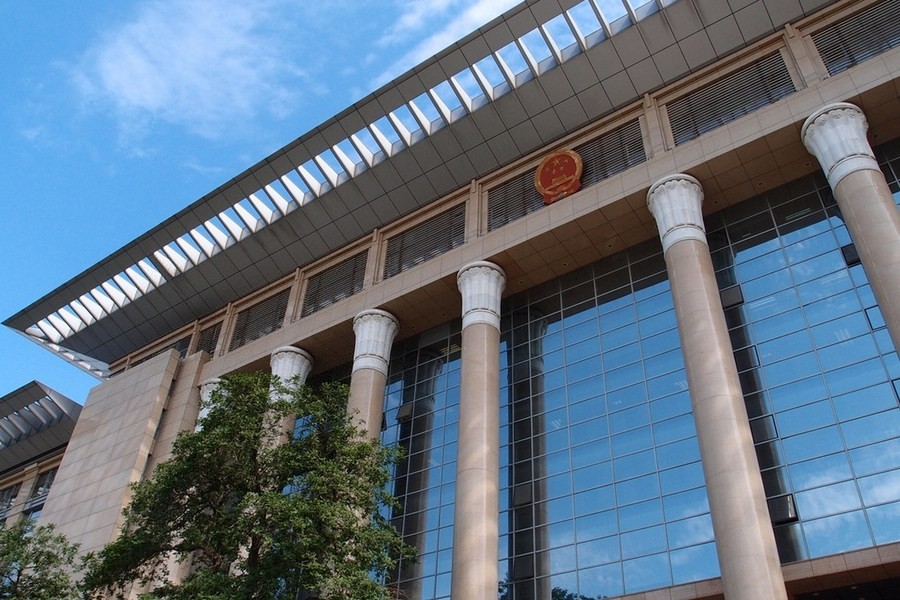
China Moves to Strengthen Judicial Support for Arbitration
In Beijing, senior judges from China’s Supreme People’s Court announced plans to enhance the country’s judicial review mechanism for arbitration, following recent revisions to national arbitration law. The reforms are designed to standardise court supervision of arbitration awards, improve efficiency, and encourage greater institutional cooperation, including potential branches of foreign arbitral centres in China.
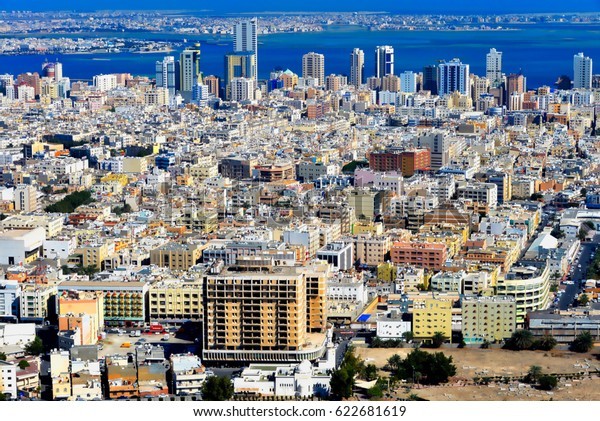
🇩🇿 Algeria Eyes Regional Arbitration Hub Status
Algeria’s justice minister has publicly asserted that the nation is well-positioned to become a regional centre for international commercial arbitration, a strategic pivot intended to attract investment and dispute resolution work across North and West Africa. Officials say improvements in legal infrastructure and neutral judicial practices could make Algiers an attractive seat for cross-border commercial disputes.



